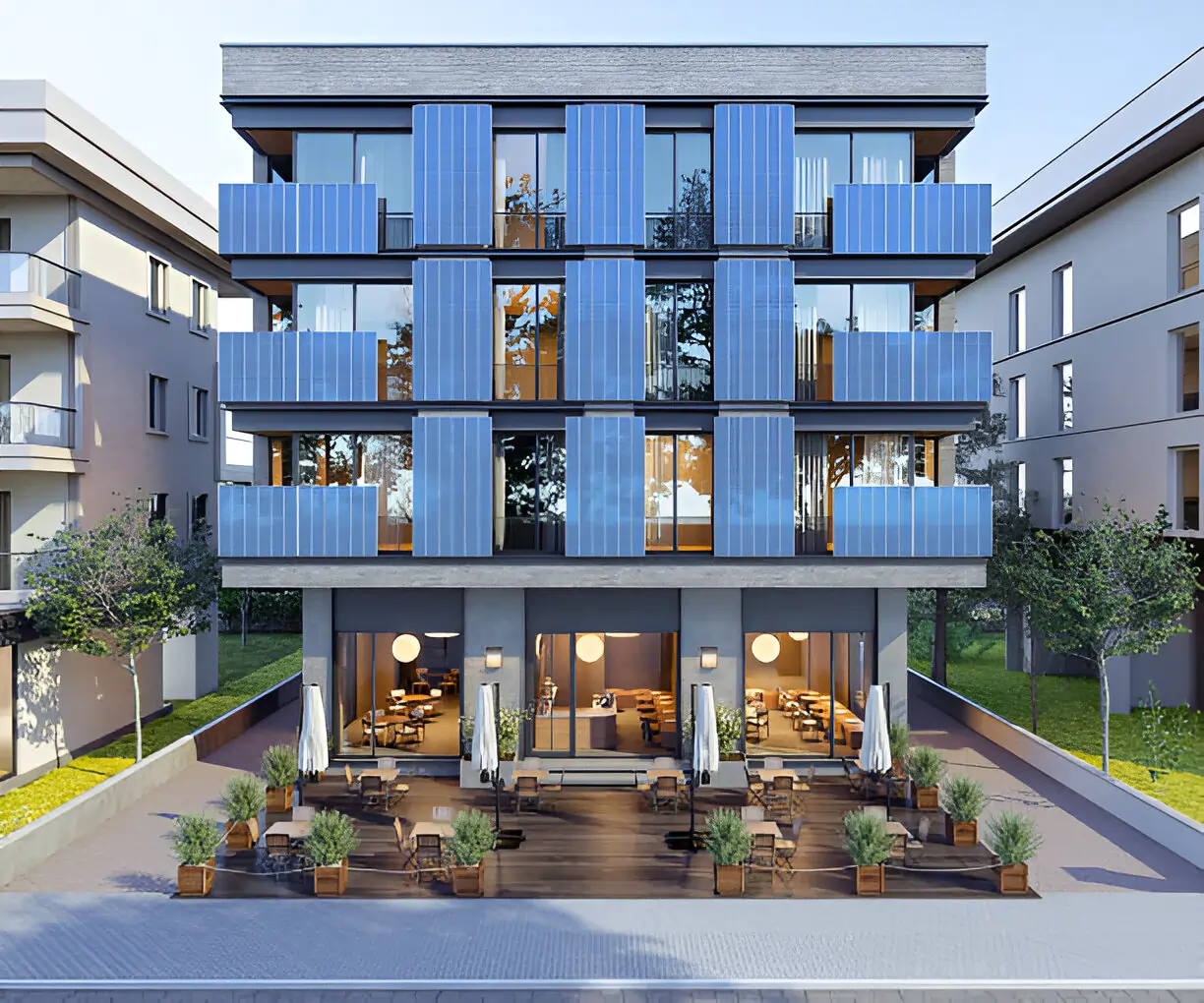Your home is more than a place to relax—it can also be a space that fuels your greatest ideas, helps you stay focused, and boosts your efficiency. A well-designed home environment has the potential to increase productivity, reduce stress, and elevate your mood. Whether you work remotely, pursue hobbies, or simply want to manage daily tasks more effectively, optimizing your living space is the key.
This guide provides actionable tips to help you turn your home into a productivity powerhouse by focusing on workspace optimization, organization, lighting, and natural elements.
Optimize Your Workspace
Having a dedicated workspace is a foundational step toward increasing productivity at home. It provides both physical and mental separation between work and leisure, helping you stay focused on the task at hand.
Choose the Right Location
Select a quiet area in your home, away from distractions like heavy foot traffic, noisy appliances, or entertainment zones. If space allows, a separate room with a door offers the best option for uninterrupted focus. For smaller homes, consider carving out a corner in a low-traffic area and using dividers to create a sense of privacy.
Invest in Ergonomic Furniture
Comfort is crucial for maintaining focus. Invest in an ergonomic desk and chair that encourage good posture and reduces strain. Adjustable furniture allows you to personalize your setup for maximum comfort during long work sessions.
Keep Essentials Within Reach
Organize your workspace with practicality in mind. Items like pens, notebooks, chargers, and other frequently used tools should be easily accessible. Use storage solutions like desk organizers or multifunctional drawers to minimize clutter.
Master the Art of Organization
A clutter-free space encourages a clear mind. Disorganization can lead to mental fatigue, wasted time, and decreased productivity. By implementing simple systems, you can ensure that every item in your home has a place and purpose.
Declutter Regularly
Evaluate your belongings periodically and eliminate items that no longer serve a practical or emotional purpose. Doing this creates more space for what truly matters and results in a more harmonious environment.
Zone Your Space
Organize your home into specific zones based on function. For example:
- Work Zone: Your dedicated workspace.
- Relaxation Zone: Areas like the living room or bedroom are for unwinding.
- Creation Zone: A space for hobbies or projects.
Clearly defined zones help reinforce boundaries, making it easier to mentally switch between tasks.
Use Storage Solutions
High-quality storage solutions can transform the way your home works for you. Use labeled bins, shelves, or baskets to keep items sorted and easy to locate. Drawer dividers can be particularly helpful for organizing small items.
Establish Daily Habits
Consistency is key to maintaining an organized home. Dedicate 10 minutes each evening to putting things back in their designated places. Over time, this habit prevents clutter from accumulating.
Illuminate Your Space with Smart Lighting
Lighting plays a significant role in creating an environment conducive to productivity. Harsh or dim lighting can lead to eye strain and fatigue, while well-planned lighting energizes and motivates.
Prioritize Natural Light
Maximize natural light where possible. Position workspaces near windows to harness the benefits of daylight, which has been proven to enhance focus and mood. Use translucent curtains to maintain privacy without blocking out light entirely.
Add Adjustable Lighting
For evening tasks or spaces with limited sunlight, use adjustable lamps with dimming capabilities. A combination of overhead lights and task-specific lamps ensures you have adequate illumination for every activity.
Use Light to Define Zones
Different lighting tones can help define areas in your home. For instance, use warm lighting in relaxation zones to encourage calmness, while opting for cooler lighting in work areas to keep your energy levels high.
Bring Nature Indoors
Introducing natural elements into your home can have a calming and revitalizing effect. Research shows that connecting with nature reduces stress and promotes creativity, making it a powerful tool for home productivity.
Add Greenery
Houseplants are an easy and effective way to incorporate nature into your home. They not only improve air quality but also add visual appeal to your space. Choose low-maintenance plants such as succulents, pothos, or peace lilies if you’re short on time. If you’re inspired to start a home garden, consider taking advantage of a sale on seeds to make the project cost-effective.
Incorporate Natural Materials
Furnishings and decorative elements made from wood, bamboo, or stone bring a sense of balance and warmth to a home. Items like wooden desks, rattan chairs, or stone planters can create a cohesive and tranquil environment.
Encourage Outdoor Views
If possible, position furniture to allow views of outdoor scenery. Even a glimpse of trees, gardens, or the sky can enhance relaxation and productivity.
Turn Your Home Into a Sanctuary of Focus
Transforming your home into a productivity powerhouse isn’t only about furniture and decor—it’s about creating an environment that supports your goals and lifestyle. By curating a well-organized, intentionally lit, and nature-inspired space, you can enjoy both increased efficiency and a greater sense of calm.
Remember that small changes over time can lead to significant results. Start with one area or habit and build on it gradually. A productive home is not just functional—it’s a space that inspires you to thrive daily.
Read more: Why More People Are Switching To Membership-Based Healthcare – MuskaanHindi
How Alveoli Enable Oxygen And Carbon Dioxide Transfer – MuskaanHindi
